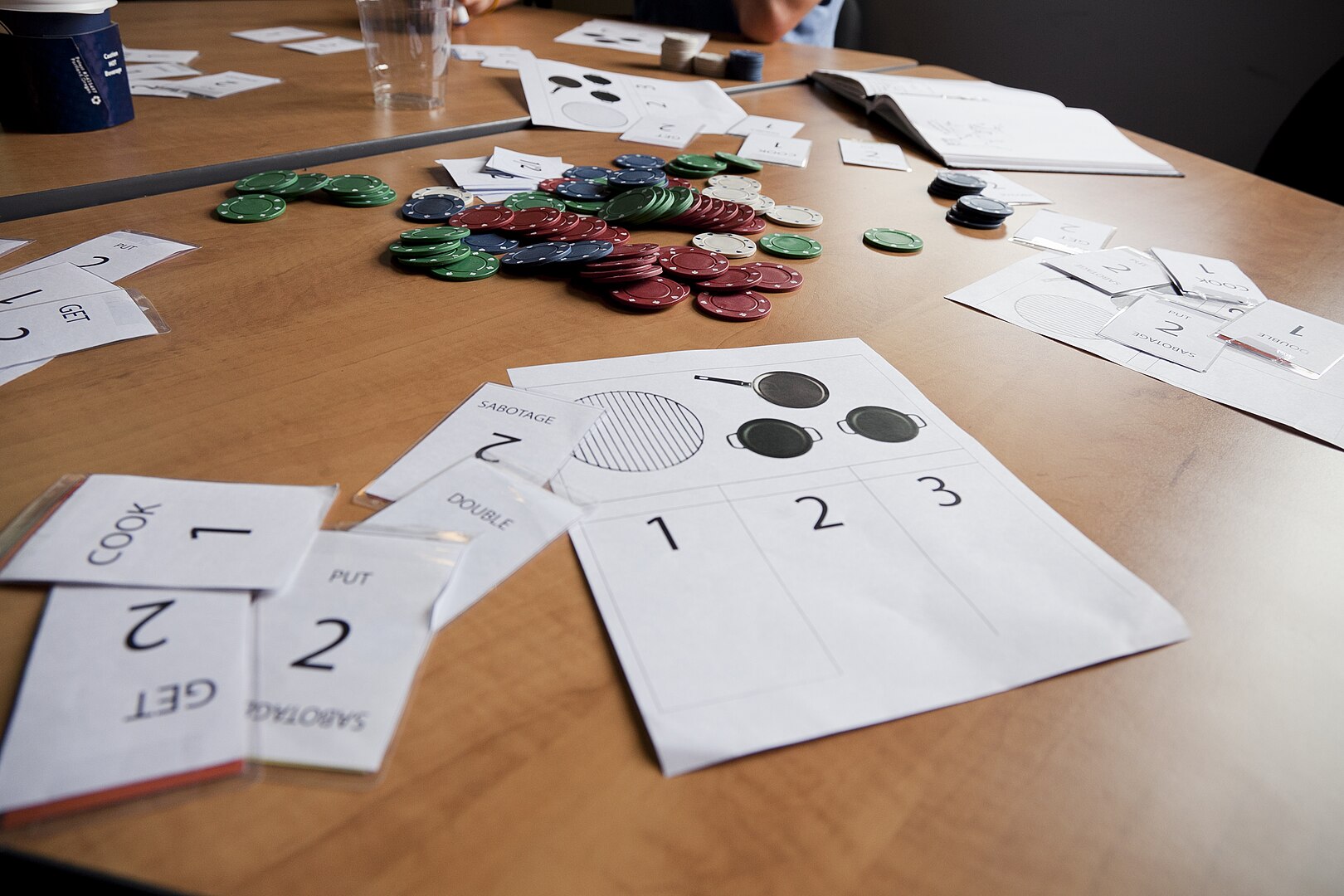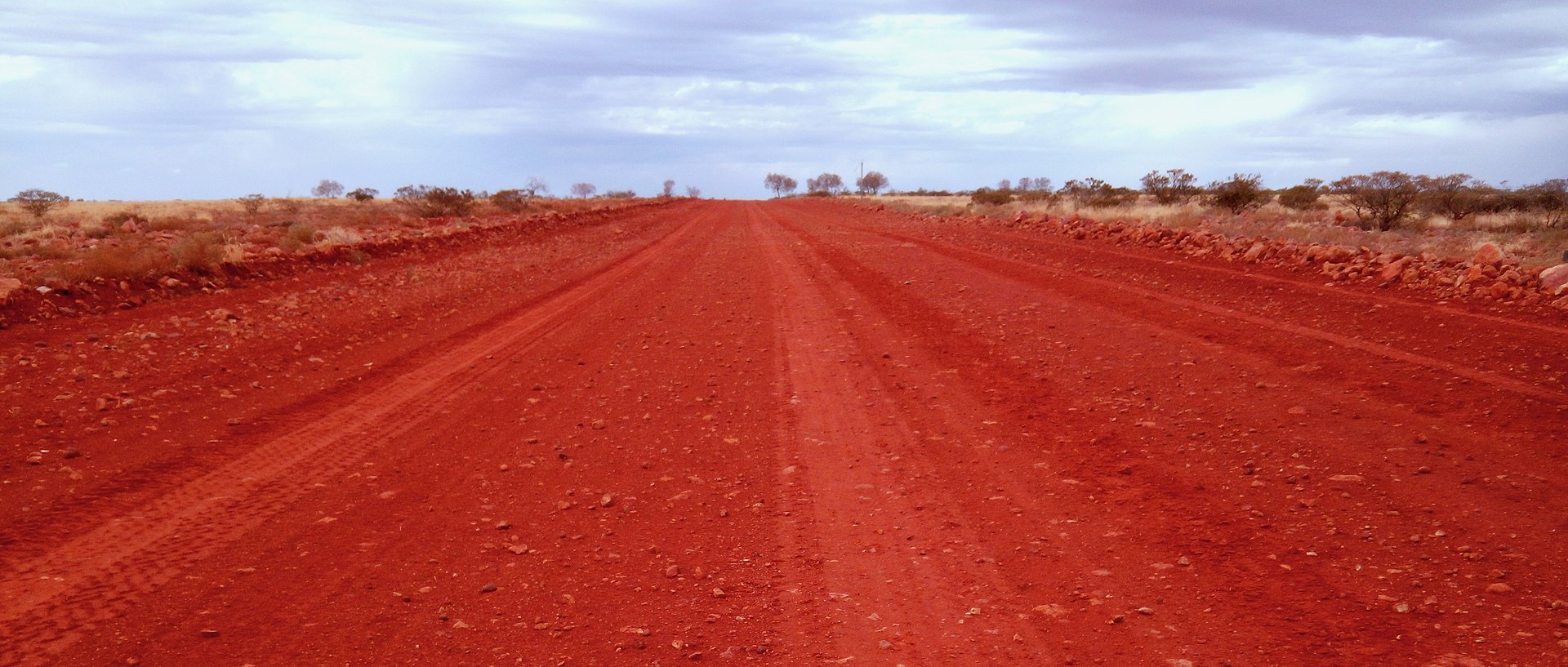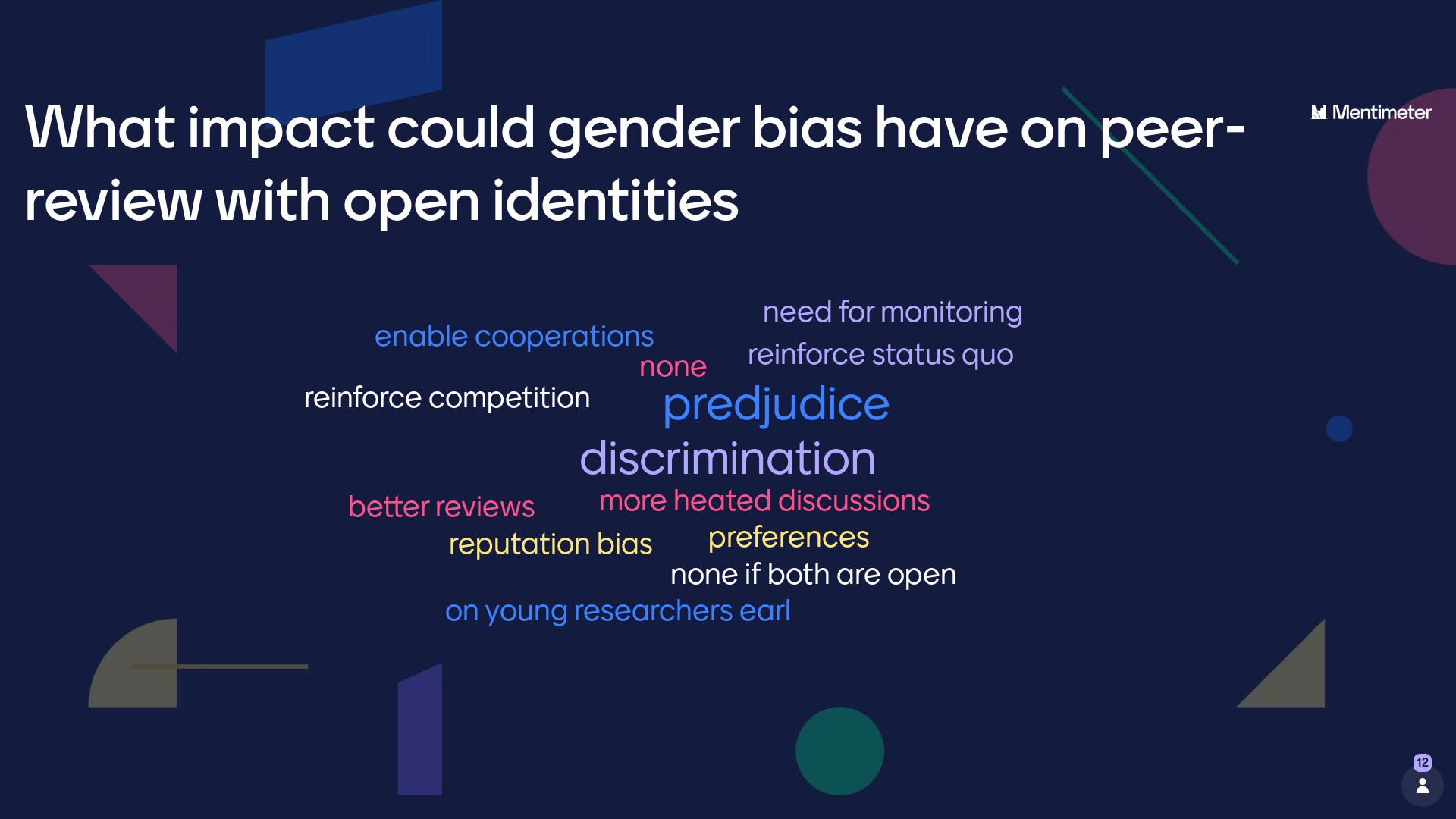Schema della sezione
-

-
-
Short demo recording about the services from OpenAIRE to support project coordinators from H2020 and Horizon Europe research projects. Services from support materials, explore, link research results, Zenodo, Argos, etc.
-
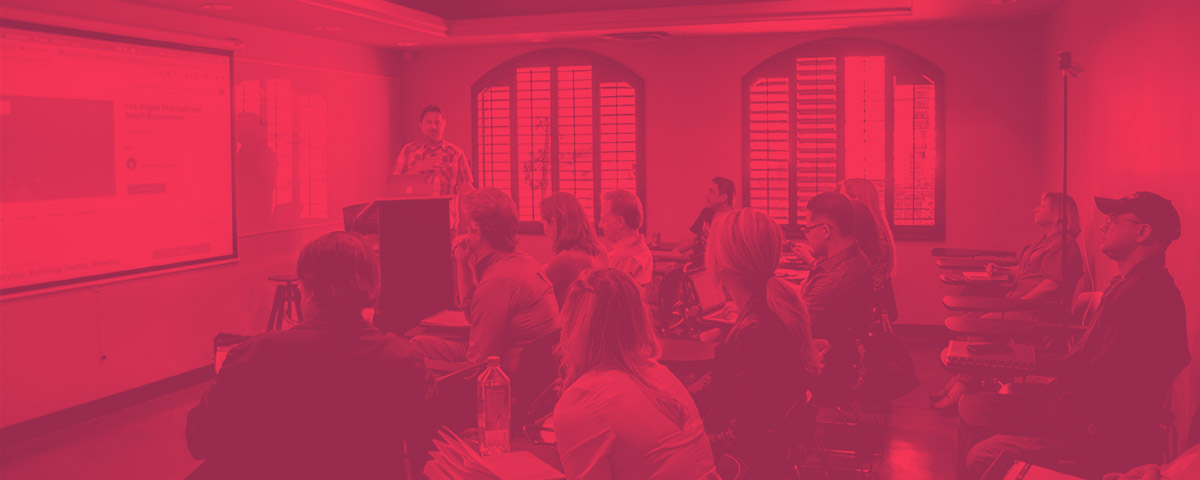
Learning outcomes
You will be able to:- Plan training activities.
- Be aware of best practices in training design for online, face to face and hybrid events.
- Understand how to work with diverse audiences.
- Know how to introduce and promote training materials.
- Be aware of training tools.
- Know how to create engaging courses, training materials, online training and run hackathons.
- Be aware of student engagement methods.
- Know how to evaluate impact of training.
- Know how to make training materials FAIR.
-
Presentation given during the second OpenAIRE Train-the-Trainer Bootcamp (05-09 Dec 2022)
The material used in this presentation is part of FAIRsFAIR introductory online course “Data Steward Training”. In this course, learners gain the skills and knowledge required to be a successful data steward and features module 2: Design training in easy steps. You will learn about:
- The role of pedagogy and learning activities to teach effectively.
- How to critically assess the reasons for organising training activities.
- How to create the training which meets the needs of your learners.
Reusable documents:
All materials are available to download from Zenodo under CC BY 4.0 licence and can be reused with the attribution to the authors unless otherwise stated.
Learning resources:Enrol on the coursehttps://moodle.learn.eosc-synergy.eu/course/view.php?id=132.
; - The role of pedagogy and learning activities to teach effectively.
-
-
Based on Gwen Frank's persona cards presentation
Presentation given during the first OpenAIRE train-the-trainer bootcamp (06-10 June 2022)
-
Do you want to get more community involvement with your training material by making it Findable Accessible Interoperable and Reusable (FAIR)? The ten chapters provide guidance on how you can FAIRify your training material. This is an initiative of the ELIXIR FAIR training focus group, and based on the paper describing the 10 simple rules for FAIR training materials publication.
-
Training Coordinators’ Community of Practice (CoP) Task Force on “Learning resources quality assurance” presents a generic framework and discipline agnostic recommendations for the quality assurance of learning resources and catalogues of learning resources and/or training/learning platforms that contain such resources.
The generic QA framework defines the requirements that should be met in order to conduct QA in an efficient and effective way.
The recommendations focus on online learning resources and take the form of self-assessment checklists of criteria, which are sufficiently general to cover many fields of application, while still being easily adaptable to specific use cases.
In line with the generic character of the recommendations, content-related criteria (e.g. topics covered or accepted, accepted types and formats, etc.) are not elaborated on. On the other hand, in support of recent efforts towards establishing training platforms and catalogues of learning resources in Europe and beyond, special attention is paid to the criteria guiding the selection of resources to be included in a platform/catalogue.
-
Presentation given during the third OpenAIRE Train-the-Trainer Bootcamp (22-26 May 2023)
-

Learning outcomes
- Be able to communicate why open science is an issue that researchers can't afford to ignore
- Be able to explain how to go about making research more open
- Be able to highlight what funders expect to see about open access, data sharing and open science when applying for new grants
- Be able to explain how to progress research career through practicing open science
- Understand what reproducibility and replication is and how to practice them
- Be able to discuss improvement science initiatives on statistics, measurement, teaching, data sharing, code sharing, pre-registration, replication
- Be able to discuss questionable research practices and suggest improvements, provide good practice advice to early career researchers
-
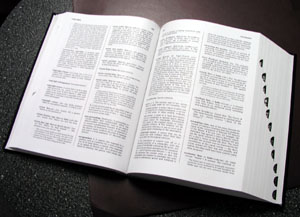
This glossary was created and/or compiled from the participants of the OpenAIRE train-the-trainer bootcamps
-
Presentation given during the fourth OpenAIRE Train-the-Trainer Bootcamp (27 Nov - 01 Dec 2023)
-
Presentation given during the first OpenAIRE Train-the-Trainer Bootcamp (06-10 June 2022).
-
Read the FORRT glossary - A Community-Sourced Glossary of Open Scholarship Terms
Presentation given during the second OpenAIRE Train-the-Trainer Bootcamp (05-09 Dec 2022). The Q&A part from the first bootcamp (06-10 June 2022) has also been added to this recording.
-

Learning outcomes
You will be able to:
- Give insights in the financial and ethical implications of Open Access (OA).
- Provide training on IPR in the context of OA (e.g. licensing, Rights Retention Strategy).
- Provide training to researchers on publishing in pre-print servers.
- Give insights into emerging trends in Open Access publishing.
-
Presentation given during the first OpenAIRE train-the trainer bootcamp (06-10 June 2022). The Q&A part from the first, second and third bootcamps have been added to this video. -
Presentation given during the second OpenAIRE Train-the-Trainer Bootcamp (05-09 Dec 2022). Jonathan talks about the approach they used while working at the University of Luxembourg to advocate for Open Access. Emphasis is given on debunking common misconceptions.Slides: https://doi.org/10.5281/zenodo.4519479 (or watch it on Youtube - youtu.be/OVL5ag4hmdg)
-
Presentation given during the third OpenAIRE train-the-trainer bootcamp (22-26 May 2023) -
Check the following journal titles, whether they are PlanS funder compliant or not. Use the Journal Checker Tool
-
Find the archiving policies of the following journals in SherpaRomeo
-

Learning outcomes
You will be able to:- Explain the Data Curation Lifecycle and know and recommend RDM tools for the different stages of the lifecycle.
- Understand that FAIR and open data are not exactly the same, and understand also what they are.
- Identify good and bad practices in preparing a data management plan (DMP) by analysing examples extracted from existing publicly available DMPs.
- Identify where to share and publish research data and identify the positive and negative aspects of using different types of repositories and services.
- Find relevant resources detailing the recommended file formats for data preservation and openness.
-
Presentation given during the third OpenAIRE Train-the-Trainer Bootcamp (22-26 May 2023)
-
Presentation given during the third OpenAIRE Train-the-Trainer Bootcamp (22-26 May 2023)
-
Presentation given during the third OpenAIRE Train-the-Trainer Bootcamp (22-26 May) -
Presentation given during the third OpenAIRE Train-the-Trainer Bootcamp (22-26 May)
-
Practical exercise
The Jamboard contains two tasks assigned to four groups, to be used in breakout rooms during an interactive training session. This resource is under an open licence and can be reused and is fully editable! If you want to reuse it, make a copy of this file. Please, don't change the original file. Make as many copies on your Google Drive as you may need and feel free to share!
General Questions & Answers
-

Learning outcomes:
You will be able to:- Recognize various types of artificial intelligence used in research;
- Explain the ethical issues associated with the use of AI in research;
- Identify relevant guidelines governing the use of AI in research;
- Identify the main issues related to research assessment;
- Know about the main initiatives to reform research assessment;
- advise alternative ways to assess researchers under the lens of Open Science;
- Understand Horizon Europe requirements for publications and data during and after the project;
- Be knowledgeable about Horizon Europe recommendations for the Open Science parts of grant proposals;
- Get familiar with Open Research Europe and complementary topics such as preprints, open peer review, citizen science and public engagement.
-
Presentation given during the second OpenAIRE Train-the-Trainer Bootcamp (05-09 Dec 2022)Original webinar: (youtu.be/lr082NR71_M)
Slides: https://doi.org/10.5281/zenodo.7324363 (or watch it on Youtube - youtu.be/poVjWfbUMcw)
ADDITIONAL MATERIALS
Further links and resources -
Presentation given during the third OpenAIRE Train-the-Trainer bootcamp (22-26 May 2023)
ADDITIONAL MATERIALS
-
Presentation given during the fourth OpenAIRE Train-the-Trainer bootcamp (27 Nov - 01 Dec 2023)
ADDITIONAL MATERIALS
-
Presentation given during the third OpenAIRE Train-the-Trainer Bootcamp (22-26 May 2023)
ADDITIONAL MATERIALS
